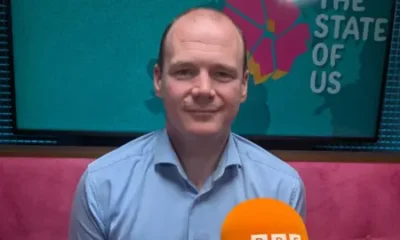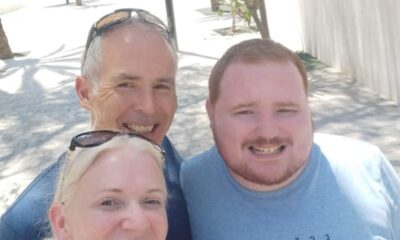Breaking News
Parent of neurodivergent children speaks of difficulties
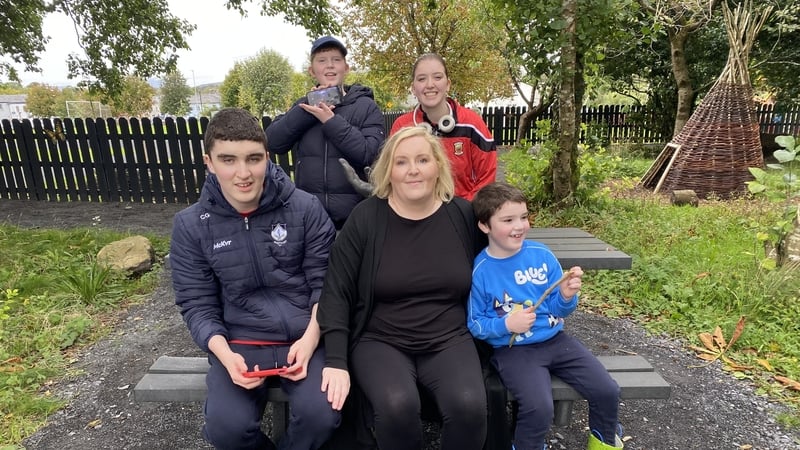
Read more on post.
Ombudsman for Children Niall Muldoon has said maternity hospitals should record how many babies are born with disabilities – so the State can plan support for those children from day one.
In the first of a three-part series on disability services, Social Affairs Correspondent Ailbhe Conneely reports on the hurdles parents of neurodivergent and disabled children face in getting help for their children and access to services.
Tucked off the main street in the village of Balla, Co Mayo, is a sensory garden with carved woodland animals, bamboo lined tunnels and a big blue wooden clock.
It’s a haven for Amanda McGuinness, who visits along with her four neurodivergent children aged between eight and 17 years.
They can safely run around the enclosed area, chase each other and climb tree stumps without accessing the main road.
Their mother admits to crying regularly in the sensory garden. “Not very formidable,” she laughs.
The garden is an example of how an inclusive community can offer support to people who require it most.
Almost 16 years ago, Ms McGuinness gave birth to Conor, who she knew was “different”.
He struggled to sleep, he would not eat and wasn’t reaching the usual milestones.
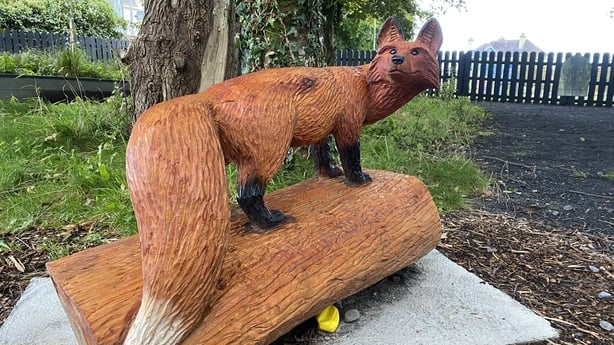
The only way Ms McGuinness and her husband could placate him was by driving the roads of Co Mayo for hours.
Exhausted, Ms McGuinness walked into Mayo General Hospital with her baby boy and refused to leave.
“I just burst out crying, and I just said, you know, you have to help my son. And if you can’t help my son, I won’t leave here with him. I said you can arrest me or get the guards to come and arrest me, but I won’t leave the hospital until you can please just tell me what it is that’s different about Conor.”
Conor was admitted to the baby ward, and according to Ms McGuinness, was the youngest child identified or diagnosed as autistic in Mayo.
He was not a year old at that stage, he will turn 16 this year.
The diagnosis was all new to Ms McGuinness. The advice of staff was to take him home and love him. She pointed out she had been doing that since he “took his first breath”.
In an effort to come to terms with the diagnosis, Ms McGuinness set aside a career in law and dedicated herself to learn all she could about autism and intellectual disabilities.
“What I see now is you have a diagnosis and then you’re just left adrift, you’re not really supported to see your child potentially as the incredible human beings that they are.”
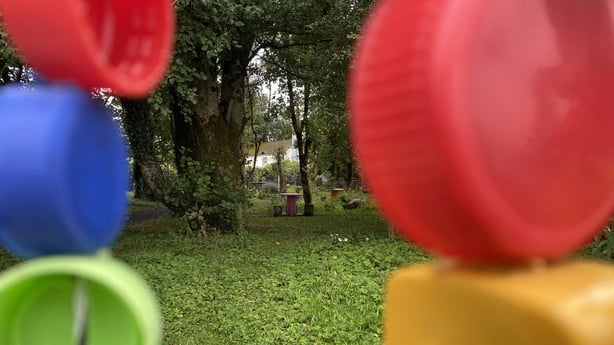
A room was converted in the family home into a sensory space for the children, and their mother threw all her energy into her children.
Through encounters and avoidances, the family has learned that disability can be viewed negatively by the wider public due to a lack of education and understanding.
She admires Hayley, Conor, Jack and Max for “showing up every day” and for bringing so much value to the world.
“I always say when Conor lifted the veil, he made me see the whole world in full colour, because now I could see, unfortunately, things that didn’t.”
Considering that it’s 16 years since Conor was born, I ask if she has observed or experienced any improvement in services for children with disabilities?
“I would say when Conor was younger, there were some supports, but not lots. We had direct contact with a local service provider that was here at the time. I think it was ‘Progressing Disabilities’, but that faded away.”
Despite that, the children have been lucky regarding school places.
Local schools opened their doors to them with a welcome that families in other parts of the country could only dream of.
Outside of school, Ms McGuinness works with the children at home after retraining in speech and language.
Not only is the mother of four busy with her own children, she spends time advising other parents.
She believes a National Advocacy Service should take on the role of navigating families through disability services from childhood to adulthood.
It would result in an advocate being linked into families when babies are born with disabilities.
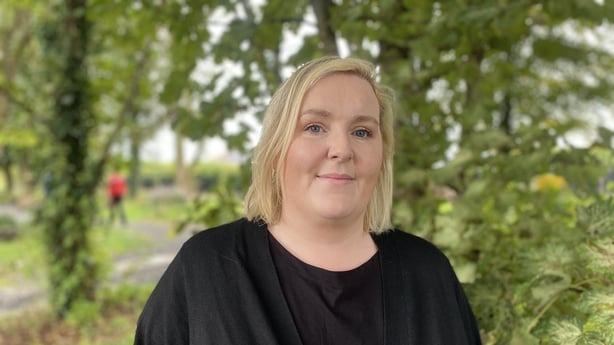
The Children’s Ombudsman has been calling for the collection of data by maternity hospitals since he took up the role around 10 years ago.
Dr Niall Muldoon has pointed out that it would help the state to plan for the future if the number of disabled children were recorded at birth.
If the UN Convention on the Rights of the Child was built into legislation, then every child would have to be considered on their own merits, he points out.
“We created legislation around disability, but we don’t think about the children, it’s for the adults. We don’t listen to children, they’re not consulted for legislation, policy and programmes. We also don’t have the data, we haven’t counted them up to now.”
The Children’s Ombudsman says that if the number of children born with brain damage due to oxygen deprivation or other issues are not known, then the system is “reacting, and that’s not the way forward for a smooth system”.
At the moment, it is a system that is so fragmented, parents are giving up full-time jobs to concentrate solely on securing services for their children.
CEO of Inclusion Ireland Derval McDonagh says it’s not the children that are complex, it’s “the systems that are battling every day” that are complex.
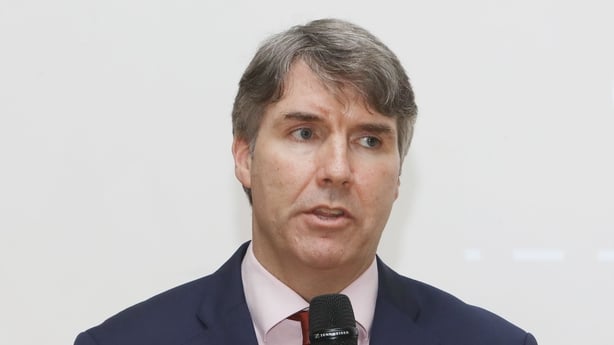
“If you have to work across mental health services, children’s disability teams, and fight for a school place, that is exhausting for children and families”.
Like most parents, Ms McGuinness is exhausted.
“I try my best all the time, but I do find now, as I get older, I’m faltering. I find now, even at my age, that I feel like where will I be in another 40 years? Will I be able to keep going? And probably I won’t. And then the fear is what comes next, because there’s no clear pathway, there’s no clear access.”
Parents are so terrified of what lies ahead that some hope to outlive their children. Ms McGuinness is one of those.
“All across society, we’re all buckling under the pressure, but at the backbone of it all is the parent trying to navigate the world for their children. It’s not a nice thing to say as a parent that I hope to outlive my kids, but I do hope that in a way because I’m afraid for what will come next”.
The Government published a strategy for disabled people a month ago, promising a quality service for disabled children by 2030.
But these announcements are abstract and aspirational to parents like Ms McGuinness, who are consumed by anxiety about the future.






